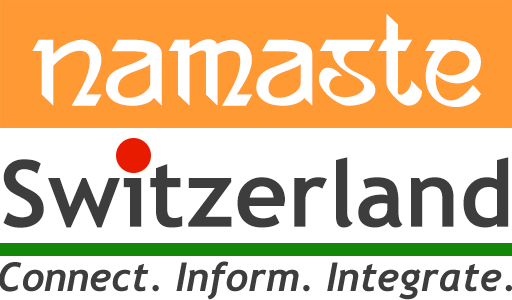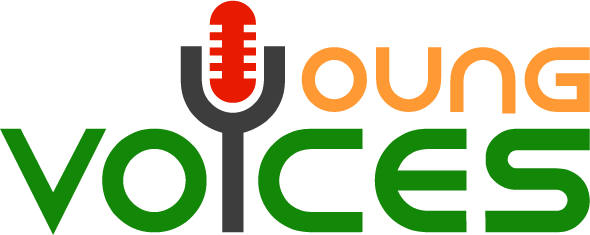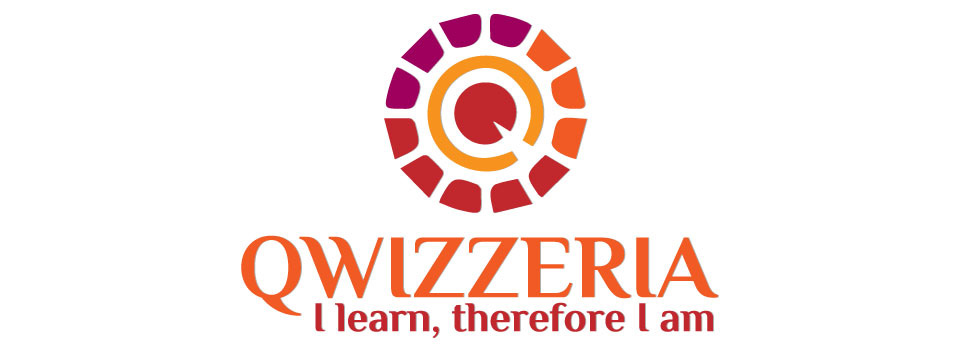She started out studying biochemistry in Odisha, India and today she is an entrepreneur in Switzerland and has recently been awarded the ETH for Development (ETH4D) research challenges grant for “Digital Solutions for Perinatal Depression in India”. Interweaving her professional and personal experiences, today, Dr Sonali Mohanty Quantius is helping postpartum women through an unspoken difficult time in their life. Gayatri Muthukrishnan tells us more.
Traversing career and countries
Sonali’s career started with studying and conducting research in biochemistry and biophysics using animal models in different cities in India, including IIT, Bombay. She arrived in Zurich to pursue her PhD at the University Hospital Zurich, Switzerland in 2000 and studied Type 2 Diabetes in humans. After graduating, she moved to ETH, Zurich for her postdoctoral research taking baby steps into the world of, now popular, big data and data science. Vividly reminiscing this shift, she says “I started learning how to program, and initially it was very daunting. But I kept on at it and decided to leave behind ‘bench science’ and switch over completely to data science.”
Having gained experience in this field at its nascent stage and with her domain experience in diabetes, she entered the pharmaceutical world by joining Eli Lily. The next 12 years saw her move to four countries (Singapore, USA, Sweden and the UK) and use computational biology in the domains of metabolic, genetics and now famous mRNA research.
Postpartum Depression (PPD)
So where does postpartum depression fit in this? Sonali says she “greatly enjoyed” her time in the pharmaceutical industry and has met some of the “best minds” who do science with utmost rigor unlike the common notion of Pharmaceutical industries. But she chose to step away because she was ready for a new challenge.
And this time around, she says “I wanted to do something where I could directly help patients and readily see the impact.” Thinking back, she realized, a defining moment in her life was the difficult period after the birth of her twins when she received little to no support. Though experiencing severe postpartum depression, she was not screened, treated, or did not receive any care despite living in a nation with advanced healthcare (USA). It took four years and running a marathon for her to get over the depressed state on her own. She says, “While I was interested in personalizing medicines for depression, I realized that to begin, there is no consistent screening or treatment for women with pre or postpartum depression and anxiety anywhere in the world! It was shocking to read the statistics of how many women (such as myself) fall through the cracks with the pressure to be the ‘perfect mother’. So, I quit my corporate job and started in ETH as a senior scientist in early 2020 to be able to approach this issue scientifically and create evidence-based solutions for this.”
The Digital Solution
Taking this big step into the entrepreneurial world, she has developed a digital app that can screen and offer treatment for women experiencing depression and anxiety during pregnancy and postpartum. They are currently testing the app in a pilot study at NIMHANS, Bengaluru, India and plan to expand to the University Hospital Zürich in Switzerland. She is also working with researchers in Canada and New Zealand to make this digital solution available there. She excitedly tells me, “We are planning to launch it next year. If you would like to be beta testers of the app, please sign up at https://haplomind.com”
At the end of the day, Sonali hopes for a holistic solution to PPD, where women talk and do not suffer in silence, where family and society are educated and supportive and finally where doctors are trained to recognize symptoms early and recommend necessary action based on best practices. She hopes to move away from the current error-laden questionnaire system to a data and biomarker-driven method of screening.
Life as an Entrepreneur
Moving from the corporate world which mostly had well-defined tasks, projects, and deadlines, in the entrepreneurial world, Sonali had to define these and was ultimately accountable to no one but herself. She found this both empowering and stressful. In her words, “I have never worked as hard in my life as I have done as an entrepreneur. Having said that, I have never been as motivated and energized in my life either as I am now.”
Her move to Switzerland just before the pandemic with small children, while was a little stressful, it has only made her more efficient in managing time, priorities and responsibilities. Despite this, she is grateful that as an entrepreneur and working from home, she can set her working hours and spend more time with her family.

In order to go down this path, she is most thankful for having an equal, supportive, and engaging partner which she believes is “the number one predictor of success!”. But when asked what she finds lacking here, she is quick to respond, “….having affordable and convenient daycare facilities in Switzerland will ensure that we have many more female founders than we have at present in this country. I was recently in a start-up competition, where I pitched to a room of eight men, trying to explain to them the importance of early screening and treatment for postpartum depression in women! Needless to say, we need more women in leadership positions as well to create policy changes that affect women’s lives in general.”
Life in Switzerland
From her PhD days, Sonali fondly remembers how InSAZ had begun with a close-knit community of a few students and the wonderful camaraderie they had, which she is happy to see still exists. Having moved back after 12 years, she finds Switzerland has become more multicultural with a much bigger Indian community. Having lived in five other countries, what she appreciates here is the relaxed life, safety, the nature, beauty and quality of living. While she recognizes how Swiss life does give importance to family, what bothers her is the slow-paced change in the underlying gender bias and lack of importance of the women’s professional life and ambitions.
Her message to new mothers: “Motherhood is hard. Please don’t make it harder by creating the pressure to be ‘perfect mothers’. Seek help if you are stressed or depressed just as you would if you had high blood sugar levels or any other physical issues.”
Disclaimer: Written in good faith, we do not undertake any financial/reputational impact or other obligations/liabilities that may arise from the content.












